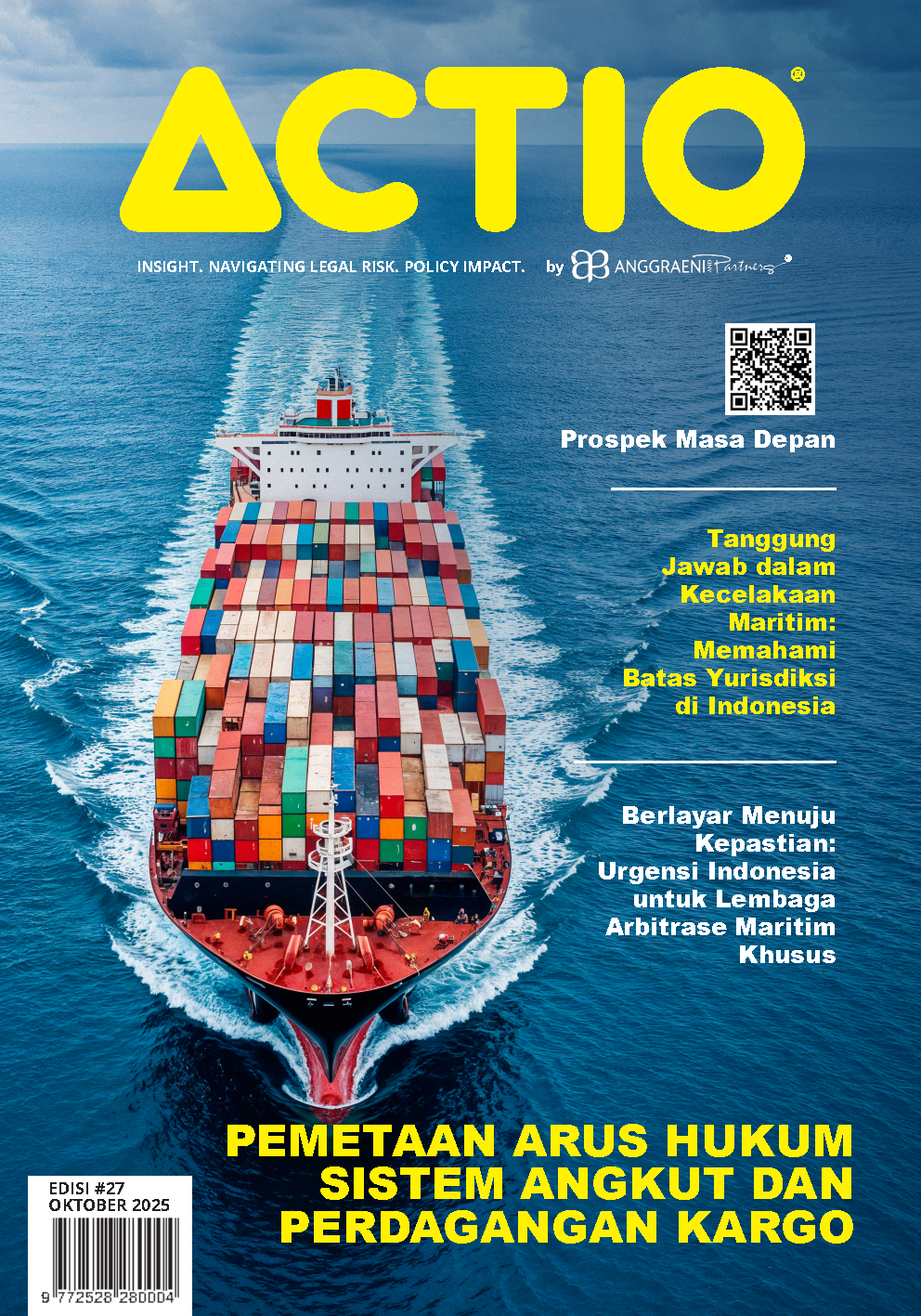Reformation of Indonesian Civil Procedural Law through Civil Procedural Law Draft
Urgency of the Reformation of Civil Procedural Law Draft
The current state of laws and regulations in Indonesia Civil Procedure still uses a colonial document including the HIR (Herzien Inlandsch Reglement) that is used for guidance in civil proceedings in Java-Madura, RBG (Rechtreglement voor de Buitengewesten) that is used for guidance in civil proceedings outside of Java-Madura, Book IV of the Civil Code and some stipulation in RV (Wetboek op de Burgerlijke Rechtvordering). The stated purpose of drafting a new Civil Procedural Law is to Unify and improve the commercial civil code by adapting with the current growth of law and technology. With the evolution of technology, by improving the Civil Procedural Law, it is hoped that there might be better efficiency and effectiveness in the practice of law as well as improving the legal certainty in various legal matters. In addition, Indonesia wants to give investor and the business world legal certainty in running their businesses and therefore would attract more investors domestically or internationally so that small businesses can have equal growth potential as big businesses. The Civil Procedural Law Draft have only now entered Prolegnas (Program Legislasi Nasional) which means that the draft will be one of the prioritized laws to be revised and finalized through the meeting of the DPR (Dewan Perwakilan Rakyat/House of Representative).
Framework of Civil Procedural Law Draft
The current laws regulating civil procedure are the product of the old colonial laws, which is outdated and most importantly, not a product of our own country. There are a total of 14 Chapters and 355 Articles in the new Civil Procedural Law Draft, consisting of:
⦁ Claims;
⦁ Special Power of Attorney;
⦁ Authority of the Court;
⦁ Demission and Right to Refuse;
⦁ Means to Guarantee Rights;
⦁ Examination in Court;
⦁ Evidence;
⦁ Decision;
⦁ Legal Action on Decision;
⦁ Implementation of Court Decision; and
⦁ Special Procedural Law.
Most of the laws stipulated in the Civil Procedural Law Draft are taken from the HIR, RBG, RV and other laws that are scattered among all other laws and regulations. There are some laws in the draft of the new civil procedure that are completely new, such as the procedure regarding a decision that is made from regions outside of Indonesia and Special Procedure Law.
Codified and Brand-New Regulation Under the Civil Procedural Law
Pursuant to the new Draft of Civil Procedure Law, there are a few codified stipulations that are entirely new and updated, particularly in Article 75 to Article 77 which regulate the court’s relative authority and full authority which in previous laws and regulations are not regulated under one regulation. Previous regulations treated relative authority and full authority as separated which caused difficulty for both Courts as well as litigants. Relative authority is regulated in the RBG and HIR whereas full authority is regulated under Law Number 48 of 2009.
Another improvement is regarding resignation and the right to refuse which is stated under the new Draft of civil procedure law in articles 41 to 49. Such a procedure has not been regulated in the HIR and RBG. Under the new provisions, conflicts of interest that arise from blood relation between the judge and clerks of Court and the matter in question is to be avoided by changing the judge or clerk of that matter.
Another new regulation that is stipulated under the new civil procedure draft is in Article 208 (2) which states that a court verdict that was made outside of the territory of Indonesia shall not be able to be executed in Indonesia unless the court verdict that was imposed in the foreign state is bounded by a bilateral or multilateral agreement with Indonesia regarding confession and foreign verdict procedure. It is expected that these provisions may lead to some uncertainty in registering foreign judgements.
The new Civil Procedure Draft has also improved some current applicable laws to make these laws more adaptable to the current situation and environment. One good example of this is regarding the types of evidence that is stipulated under article 103 (1) of the new civil procedure draft. In the previous laws on evidence which was the Civil Code since 1966 and HIR Article 164, the applicable evidence is limited to written evidence, witness evidence, suspicion (Persangkaan), testimony, and oath. Through the new civil procedural law draft, under article 103 (1), there are new evidence that are stipulated which are, letter, witness, suspicion (Persangkaan), testimony, oath, local inspection, expert testimony, and other types of evidence that is stipulated under the law.
Lastly, the civil procedural law draft offers Special Procedural Law which is not stipulated under HIR/RBG as well as Indonesian Civil Code. Special Procedural Law is regulated under Article 230 – 351 of the New Civil Procedural Law Draft which consist of 20 different Special Procedures. (ALH/JRX)


